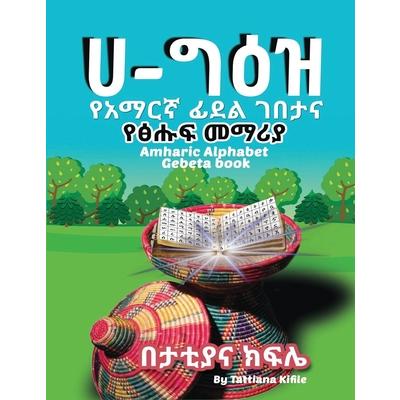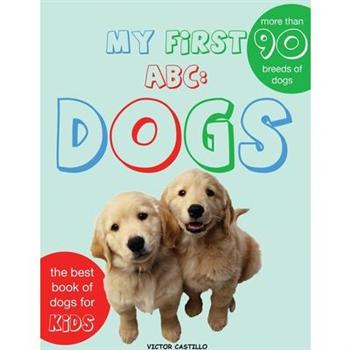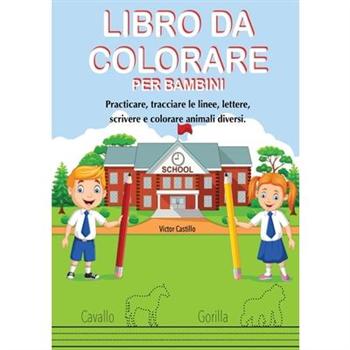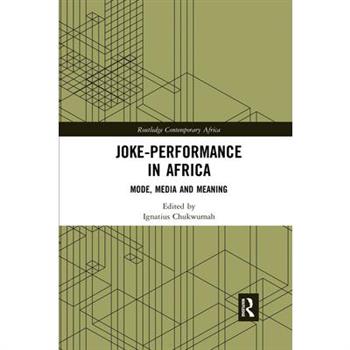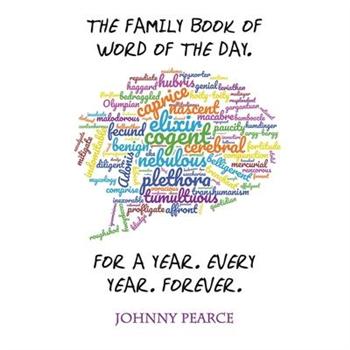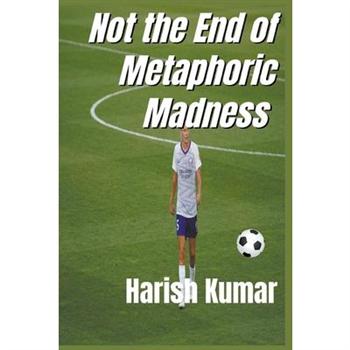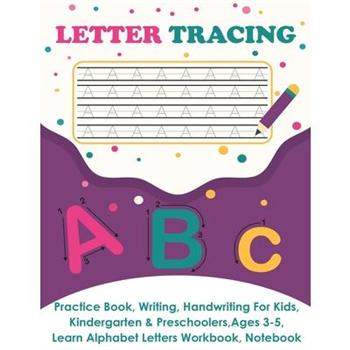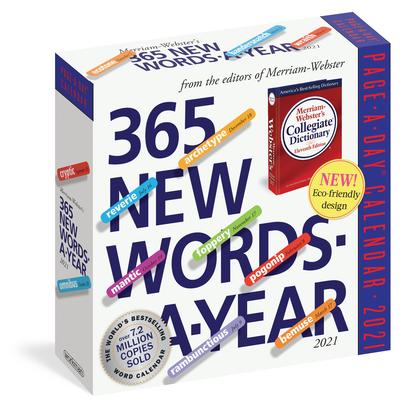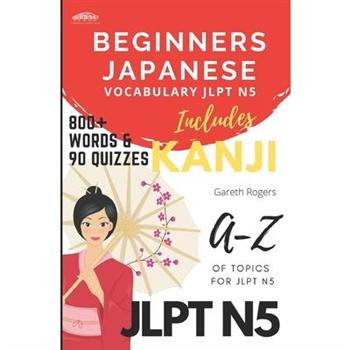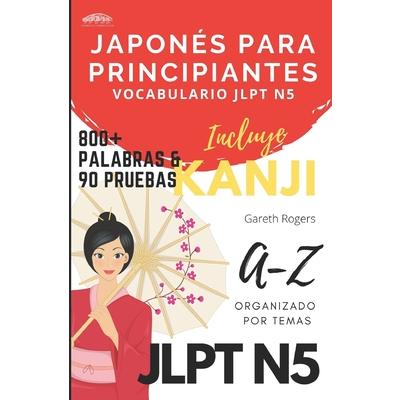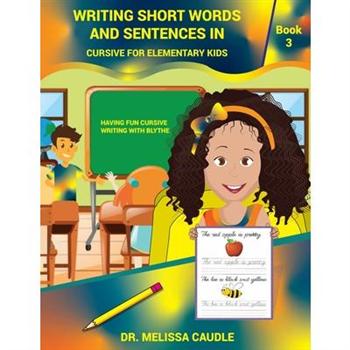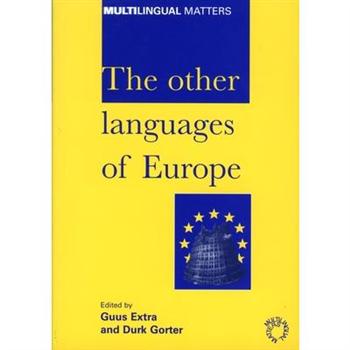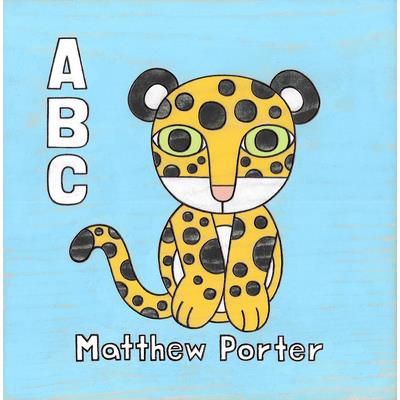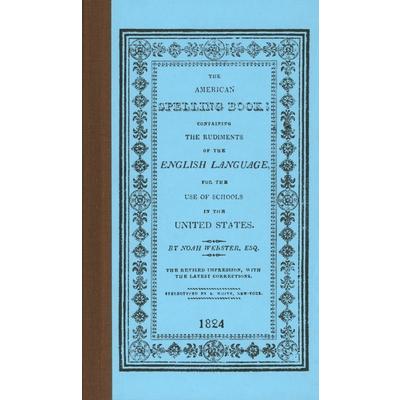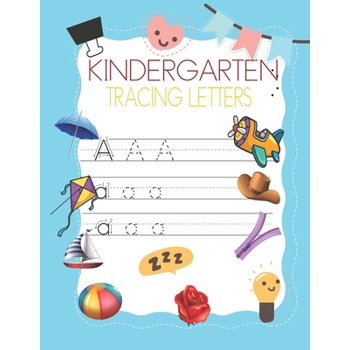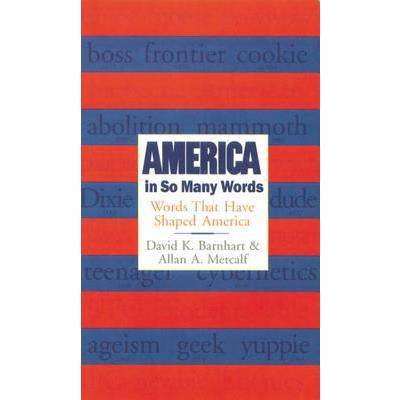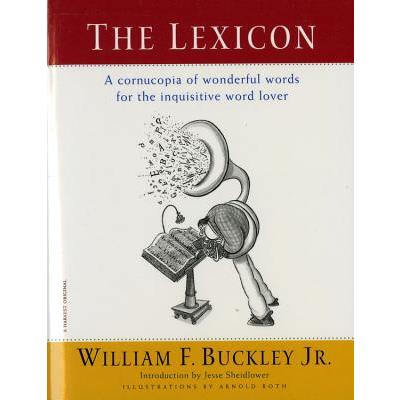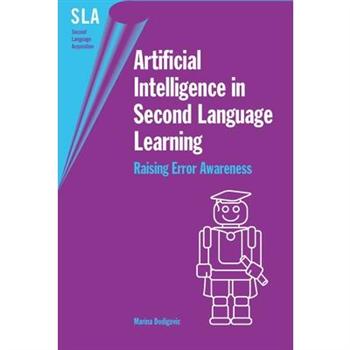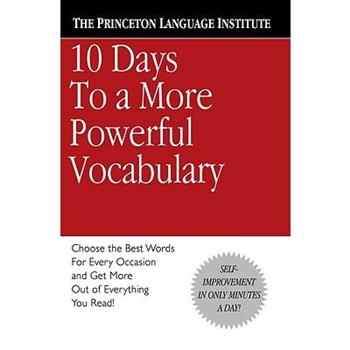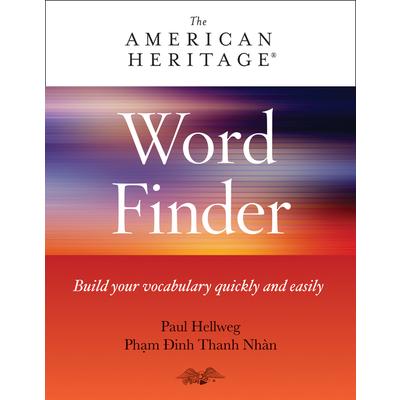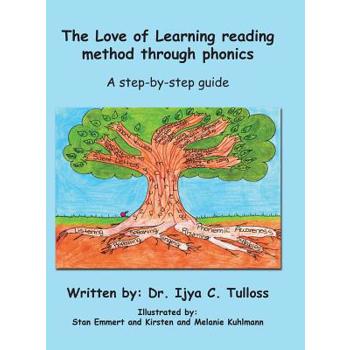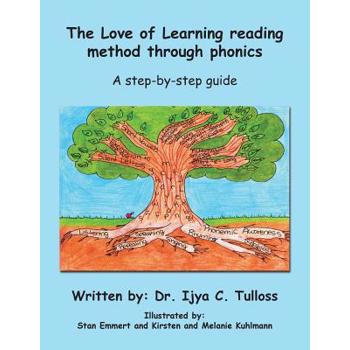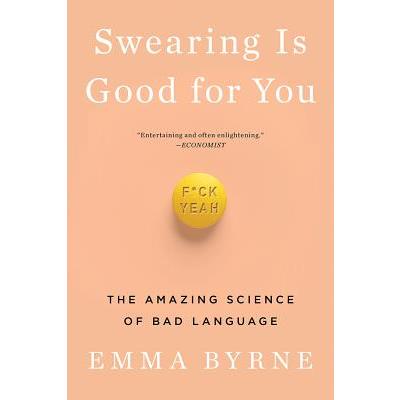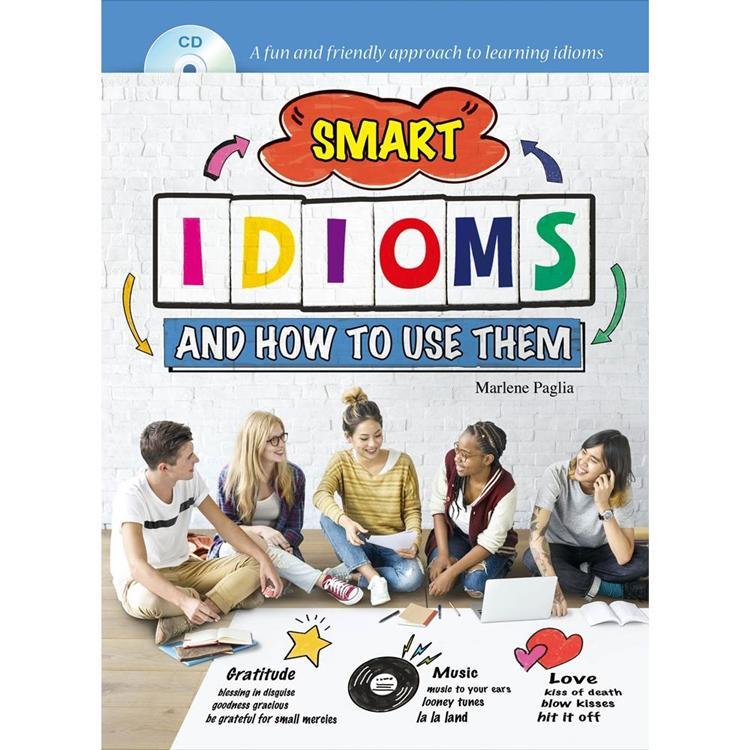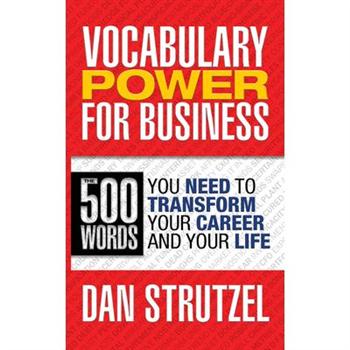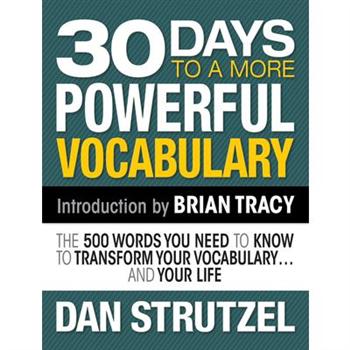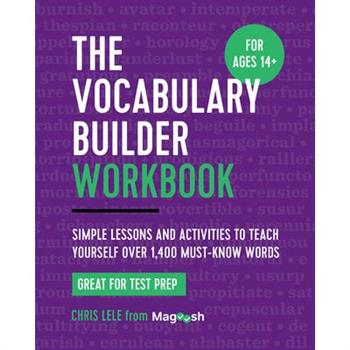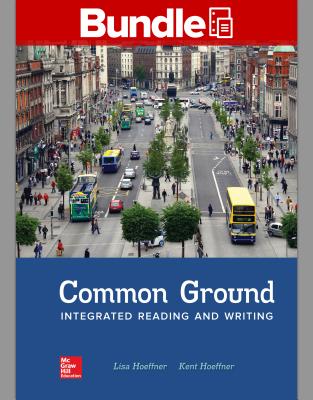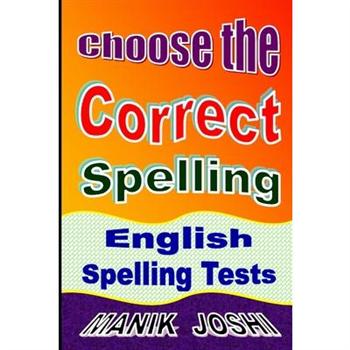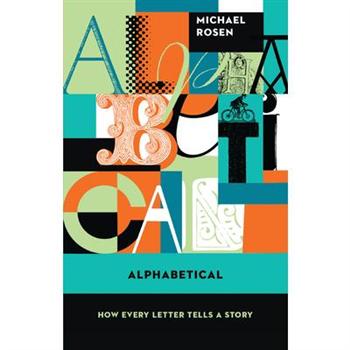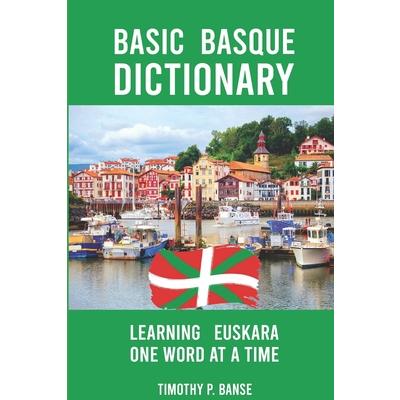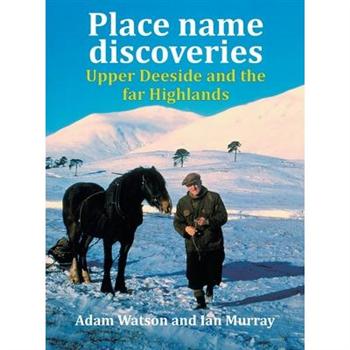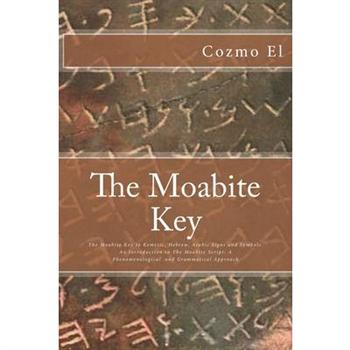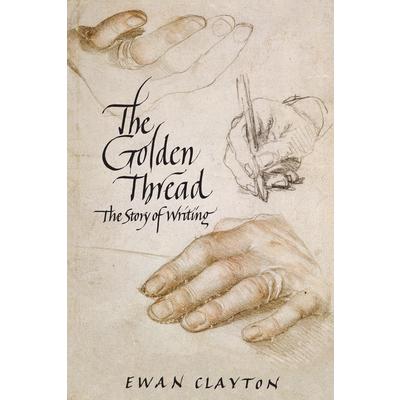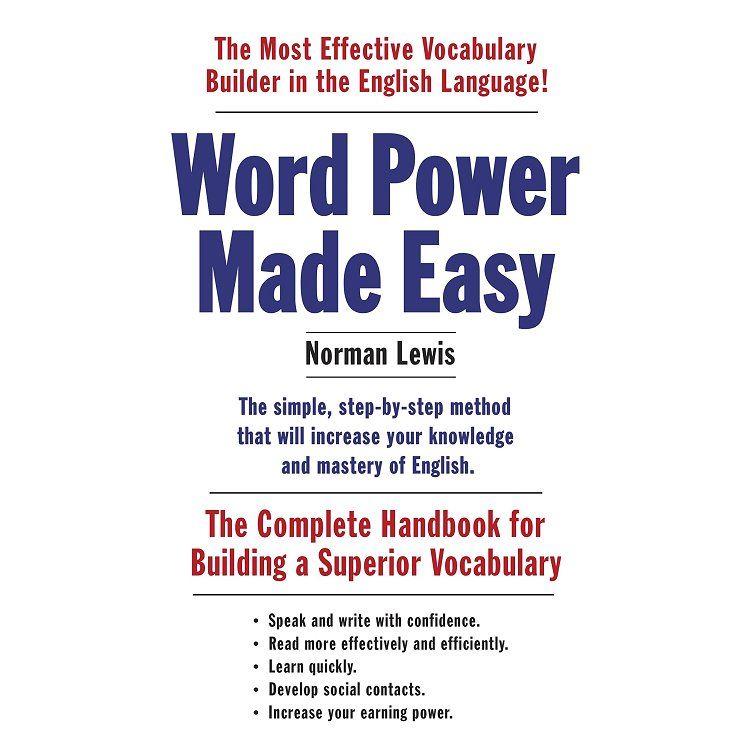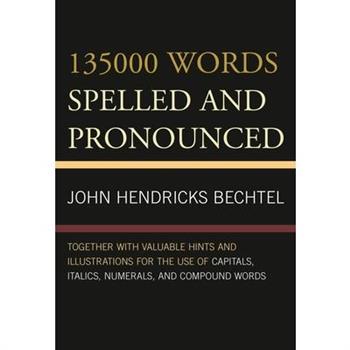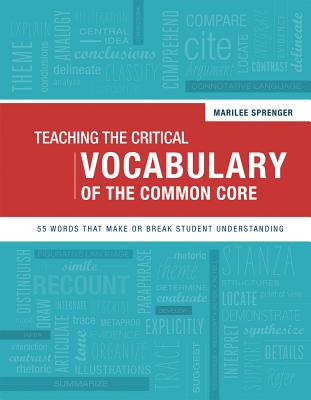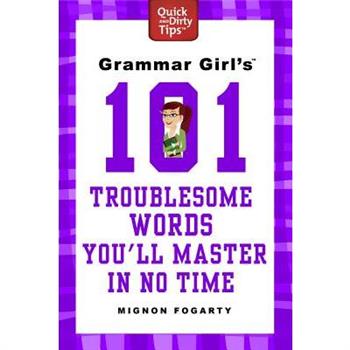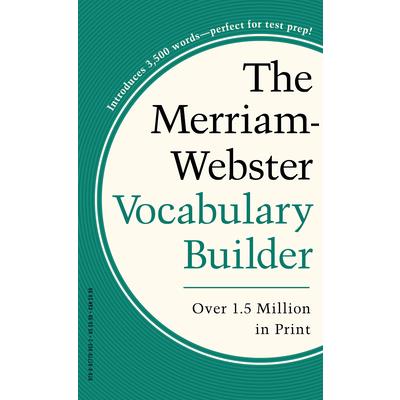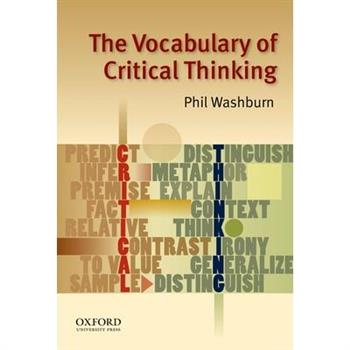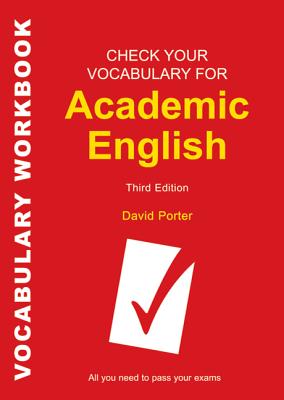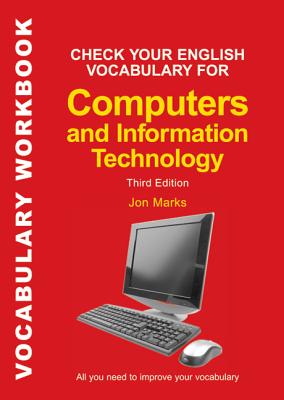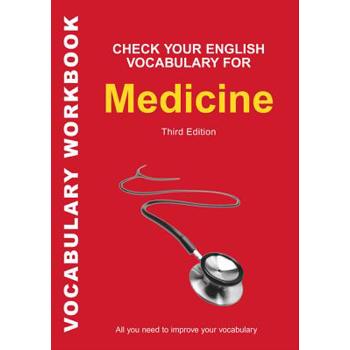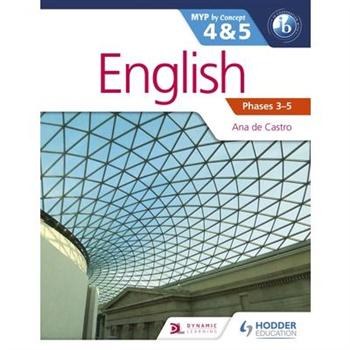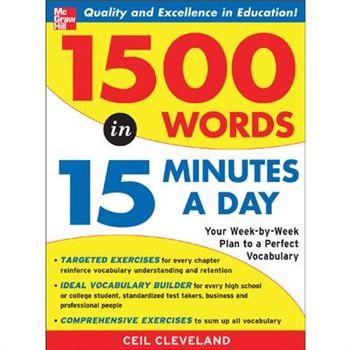Amharic Alphabet Gebeta book
የዚህ መጽሀፍ አላማ - ይህ መፅሃፍ አማርኛ ቋንቋን በቀላሉ ለልጆች ለማስተማርና እንዲሁም ደግሞ ለሌሎች ራሳቸዉን ለማስተማር ለሚፈልጉ ዜጎች የተዘጋጀ ነዉ።The intent of the book - This book is primarily intended to teach children the Amharic language, but can also be used by all others to teach themselves the basics of the language as well.
My First Dogs ABC
This brand new book "My First ABC: Dogs" is the first COMPLETE alphabet book about Dogs with a surprise inside in the Q. Every child who love dogs will love to enjoy the journey of learn the alphabet with these high quality photos of more than 90 breeds of dogs. From 'A for Afghan Hound' to Z for Zuchon, ' the book is made for someone who is a pet lover. If you want to teach someone (Kid, Young, Adult, Gold Age etc.) the passion and love for dogs, this is the best gift to give them.
Libro Da Colorare Per Bambini
Questo quaderno di scrittura aiuta i bambini di tutte le et? ad imparare le lettere e a migliorare la loro scrittura.Essa costruisce progressivamente la fiducia nella scrittura iniziando conPasso 1: Scrivere l'alfabetoFase 2: Disegnare la figura degli animaliFase 3: Dipingere la propria immagineCon oltre 50 pagine di pratica, il vostro bambino svilupper? il controllo motorio per scrivere bene imparando a riconoscere ogni lettera.Tradotto con www.DeepL.com/Translator (versione gratuita)
Joke-Performance in AfricaMode, Media and Meaning
Jokes have always been part of African culture, but never have they been so blended with the strains and gains of the contemporary African world as today. Joke-Performance in Africa describes and analyses the diverse aesthetics, forms, and media of jokes and their performance and shows how African jokes embody the anxieties of the time and space in which they are enacted.The book considers the pervasive phenomenon of jokes and their performance across Africa in such forms as local jests, street jokes, cartoons, mchongoano, ewhe-eje, stand-up comedy, internet sex jokes, and 'comicast' transmitted via modern technology media such as the TV, CDs, DVDs, the internet platforms of YouTube, Facebook, and other social arenas, as well as live performances. Countries represented are Egypt, Kenya, Malawi, Morocco, Nigeria, and Zambia, covering the North, West, East and Southern Africa. The book explores the description of the joke form from various perspectives, ranging from critical discourse analysis, interviews, humour theories, psychoanalysis, the postcolony and technauriture, to the interactive dramaturgy of joke-performances, irrespective of media and modes of performance.Containing insightful contributions from leading African scholars, the book acquaints readers with detailed descriptions of the diverse aesthetics of contemporary African jokes, thereby contributing to the current understanding of joke-performance in Africa. It will appeal to students and scholars of African studies, popular culture, theatre, performance studies and literary studies.
The Family Book of Word of the Day. For a Year. Every Year. Forever.
Vocabulary is more important than you think. Indeed, the number of words children know is a strong predictor of a range of outcomes. The more words a child knows early in their lives, the better they will do in terms of literacy later on, and the better they will do in terms of a number of other outcomes. And it's not just the number of words, but the quality, too, that can affect these outcomes.With this in mind, this book intends to give the reader another tool to be able to increase the size of their vocabulary to help you improve your outcome, no matter what your age. And, let's face it, it can be fun to learn new things. Including words!
Not The End of Metaphoric Madness
Is googly a metaphor for surprises of all sorts? Can hat tricks turn contrarian to transform into a metaphor for successive defeats? Where do you use umpire and referee as metaphors? Are they really two different metaphors? As you sprint towards the finish line, as the start line becomes a mere blur in the circuit of life, which metaphor should be your focus on?Why is your finish line only as good as your start line? How are these two metaphors connected? Is sprint a metaphor for any short and speedy spell of running? When are you likely to short circuit the circuit metaphor? Can stymie be a metaphor for frustrating your initiatives totally, stem and root? When does your food turn into a mulligan stew?How did the common defence strategy of sandbagging turn into a billiards metaphor? Marathon and steeplechase, which is a metaphor for endurance and which is a metaphor for perseverance? Is volley a metaphor for a hail of compliments? Should salvo surprise and sear to be a metaphor? When do you turn gambit into a weasel metaphor?Why should chequered be a metaphor for our basic life philosophy? Which pawn metaphor is extremely negative? When do you run the risk of stalemating the stalemate metaphor? When does stalemate on ground become a diplomatic checkmate?All metaphoric googlies! Springing nasty surprises and visiting you unannounced! Do not get caught off guard!! With Not the End of Metaphoric Madness, you need not feel checkmated. This Book 4 is sure to help you out of your metaphoric dilemmas. It will also assist you in upholding metaphoric propriety and ensure you do not commit a serious metaphoric faux pas.
Kulinarische Onomastik an Gewaehlten Deutschen Und Polnischen Beispielen
Die Funktion, die im Leben des Menschen der angeblich prosaischen, aber f羹r seine Existenz notwendigen T瓣tigkeit - dem Essen - beigemessen wird, bleibt nicht ohne Einfluss auf die Sprache. Ein bemerkbares Forschungsfeld aus der Schnittstelle des Kulinarischen und der Linguistik bilden kulinarische Namen, die einerseits als Verk繹rperung diverser Aspekte des menschlichen Lebens und andererseits als Manifestation menschlicher Denkweise und Aktivit瓣t gelten. ?berdies sind sie ein Zeugnis der kulturellen und gesellschaftlichen Entwicklung. In dieser Monografie wird ein ?berblick 羹ber diverse linguistische Zug瓣nge zu kulinarischen Namen pr瓣sentiert. Das Ziel ist es dabei, kulinarische Namen aus der sprachwissenschaftlichen Perspektive m繹glichst holistisch und komplex zu beschreiben.
Letter TracingPractice Book, Writing Page, Handwriting For Kids, Kindergarten & Preschoolers, Ages 3-5, Learn & Write Uppercase & Lowercase Pages, Alphabet Letters Workbook, Notebook
This Letter Tracing Practice Book is a perfect way for your child or children who are just starting to learn their uppercase and lowercase letters. Learning to write will be fun and easy for your little one when they trace the letters. It will also build confidence and they will start to increase their fine motor skills. Each page has one letter for them to trace and then write on their own. Dotted line printing will help them write the letters correctly inside the lines. There's also a blank dotted (dashed) line at the bottom of each page for writing words, numbers (upper or lower case), or their name without any tracing. Make their first experience at writing fun & they'll find that they to love to write. Great for beginners. Lined preschool books. Size is 8.5x11 inches, 104 full pages, white paper, soft matte finish cover, black font, ABC print, paperback.
365 New Words-A-Year Page-A-Day Calendar 2021
A joyful year of language for word nerds, crossword and Scrabble buffs, and vocabulary builders of all ages. Enhance your next colloquy (conversation, dialogue) with a cavalcade (a dramatic sequence or procession: series) of new words to use in daily life. The bestselling word calendar with more than 7.2 million copies in print, 365 New Words-A-Year belongs on the desktops of students, writers, readers, crossword addicts, and other language lovers. Bolster your vocabulary with scientific words (eolian : borne, deposited, produced, or eroded by the wind), words adopted from other languages (fanfaronade: empty boasting: bluster), words about words (haplology: contraction of a word by omission of one or more similar sounds or syllables), and more. Each entry includes a definition, pronunciation, sample sentence, and detailed etymology. Introducing new eco-friendly cardboard backer and larger page size! Printed on FSC-certified paper.
Beginners Japanese Vocabulary JLPT N5Beginners and JLPT N5 Preparation
Cambridge Learning House: Bungo-Japanese SeriesComplete vocabulary for Beginners of Japanese and those preparing for the JLPT N5 examination. Ordered by A - Z of topics this vocabulary guide includes all expected vocabulary for success at JLPT N5Additional support through: -89 Vocabulary Practice Quizzes, -Full JLPT N5 Kanji list with reading exercise, -Full list of Verbs for the N5 JLPT assessment / beginner verb list, -Complete adjective word lists (for both い and な adjectives)-Study guidance using 'Look, Cover, Write, Check'-Completion checklistContent is organised by A-Z topics: Animals, Body, Cleaning, Clothing, Colours, Days, Directions, Drinks, Family, Feelings, Food, Frequencies, Home, Infrastructure, Kitchen, Months, Nature, Numbers, Office, People. Places, Positions, Schools, Seasons, Shopping, Temperature, Time, Travel, Weather, Weeks, Years, Adjective List, Verb ListBeginners Japanese Vocabulary JLPT N5 is an ideal complement to 'Japanese Kanji Practice Book JLPT N5' also published by Cambridge Learning HouseAbout the authorGareth Rogers has been language lecturer for Japanese students at the University of Cambridge for twelve years, including ten years working as Programme Director for both undergraduate, postgraduate and teacher training programmes offered between the University of Cambridge and Nihon University. Prior to this Gareth enjoyed learning Japanese whilst teaching across more than 30 universities and schools in Kyushu where he currently leads a variety of educational projects. Gareth is also head of Teaching & Learning as a senior leader in a UK high school with a particular interest in curriculum development and knowledge acquisition.
Writing Short Words and Sentences in Cursive for Elementary KidsBook 3 Having Fun Cursive
Cursive writing is almost a lost skill no longer taught in schools. This book is perfect for school teachers and parents who homeschool their children. Award-winning principal, Dr. Melissa Caudle, provides guided mastery for children to learn how to write short words and sentences in cursive. This is Book 3 in the series, "Having Fun Cursive Writing with Blythe. "Other books in the series include: Book 1 - "Tracing and Writing the Cursive Alphabet in Lower and Uppercase from A - Z" Book 2 - "Cursive Writing Numbers, Colors, Seasons, Months, and Names" Book 3 - "Writing Short Words and Sentences in Cursive" Book 4 - "Lined Cursive Writing Practice Book" In this book, children will use the skills learned in books 1 and 2 to write short words and sentences in cursive. Be sure to have them warm up by tracing over each upper and lowercase alphabet. Likewise, as you introduce them to short words and sentences have them follow the numbered tracing pattern several times before they progress to tracing the dotted words. When it comes to teaching a child cursive writing, you want the best workbook using sound teaching principles. Don't settle for a workbook created by a nonprofessional educator. This workbook and the others in the series, "Having Fun Cursive Writing with Blythe," was created by Dr. Melissa Caudle, an award-winning Principal of the Year, with more than twenty years of experience in education who designed and implemented curriculum and has authored bestselling children's books. This book series uses the American cursive letter formations, whereas many others do not. Would you go to a lawyer for surgery? Then why would you want a book that teaches cursive writing written by someone who is not certified in education or who has never taught children in a classroom? Before purchasing another book that teaches cursive writing, investigate the credentials of the author. Dr. Melissa Caudle holds lifetime certifications as a K-12 teacher, principal, and superintendent, having earned in Ph.D. in Statistics and Curriculum and Instruction.
The Other Languages of Europe
The book offers demographic, sociolinguistic and educational perspectives on the status of both regional and immigrant languages in Europe and in a wider international context. From a cross-national point of view, empirical evidence on the status of these other languages of multicultural Europe is brought together.
ABC
ABC is an adorable alphabet book that is full of gorgeous colours, textures, and cute animals. It comes with funky acrylic and ink paintings on wood, like those well-loved and worn wooden ABC blocks we stacked up, chewed up, kicked around, and dropped as children. This unique children's book is vintage, modern, and timeless.
American Spelling Book
Considered to be the third-best selling book of all time in America. With its distinctive blue cover, it earned the nickname the blue-backed speller and was used over the span of nearly a century. This is an exact reproduction of the 1824 edition.
Kindergarten tracing Letters
This book is perfect for kids of all ages.who want to learn letters of the alphabet and improve their handwriting skills.These essential letter drills will help with letter recognition.This Handwriting workbook helps kids of all ages to start learning letters of the alphabet and to improve their handwriting.It progressively builds confidence in writing starting with Writing the alphabet and handwriting paperWith 100+ pages of practice, your child will develop and control for writing well while also learning to recognize each letter.The Book Contains: Part - 1 Alphabet tracing A-Z coloring section at the beginning of each alphabet to encourage and engage children as they build skills progressively.Part-2Handwriting paper notebookPremium cover designPremium matte cover designPrinted on high quality 60# interior stockPerfectly sized at 8.5" x 11" Buy today, to help your child take their first step confidently into the fun world of writing.
America in So Many Words
This book presents a unique historical view of American English. It chronicles year by year the contributions Americans have made to the vocabulary of English and the words Americans have embraced through the evolution of the nation. For important years from the settlement of Jamestown until 1750, and for every year from 1750 through 1998, a prominent word is analyzed and discussed in its historical context. The result is a fascinating survey of American linguistic culture through past centuries. The authors -- both lifelong students of American English -- bring great depth of understanding to these key words that have made America, and American English, what they are today.
The Lexicon
This boon to logophiles, culled from Buckley: The Right Word, presents the author's most erudite, outr矇, and interesting words - from prehensile and sciolist to rubric and histrionic - complete with definitions, examples, and usage notes. Introduction by Jesse Sheidlower; illustrations by Arnold Roth.
Artificial Intelligence in Second Language Learning
This volume argues that adults can learn English as a second language if their typical errors are corrected systematically and in line with their preferred style of learning. The remedy designed for this purpose relies on artificial intelligence. The book describes original research which demonstrates the success of this approach.
10 Days to a More Powerful Vocabulary
At last, here is a vocabulary-building program that offers you fast, effective techniques for learning hundreds of new words. Drawing on new words from fields that include the internet, politics, and law, 10 Days to a More Powerful Vocabulary will help you: Develop the right vocabulary for your profession Distinguish between words that sound or look the same -- from tortuous and torturous to eminent and imminent Feel comfortable and confident when you use new words Enrich your vocabulary with words from science, art, and literature Learn just a few easy word roots to absorb hundreds of related words
American Heritage Word Finder
A thesaurus for adult learners of English. The American Heritage(R) Word Finder is a vocabulary builder designed for adult learners of English. This study guide provides students basic vocabulary to help them achieve their goals, such as entering an English-language university, doing well on an English proficiency test, or finding a good job. Every entry has been selected with the needs of beginning learners in mind. Easy-to-understand example sentences accompany each entry word, showing its use in context. With more than 36,000 synonyms at 4,000 main entries, the American Heritage Word Finder will expand students' vocabulary, improve their writing, help them prepare for language proficiency tests, and set them on the road for success.
The Love of Learning Reading Method Through Phonics
This book is about learning to read and write or learning to write and read. My humble observations have told me that the population of readers and nonreaders can be categorized into three: 1. Those who were not taught reading at all 2. Those whose experience with the teaching learning process was either incomplete, ineffective, or erroneous 3. Those whose grasp of the structure of the English language is insecure or incomplete Those in the first category can benefit from instruction. Those in the second and third categories can benefit from a step-by-step refresher course or instruction in phonics. This is what this book is all about. First, let us get a bird's-eye view of the three populations identified.
The Love of Learning Reading Method Through Phonics
This book is about learning to read and write or learning to write and read. My humble observations have told me that the population of readers and nonreaders can be categorized into three: 1. Those who were not taught reading at all 2. Those whose experience with the teaching learning process was either incomplete, ineffective, or erroneous 3. Those whose grasp of the structure of the English language is insecure or incomplete Those in the first category can benefit from instruction. Those in the second and third categories can benefit from a step-by-step refresher course or instruction in phonics. This is what this book is all about. First, let us get a bird's-eye view of the three populations identified.
Swearing Is Good for You
In this sparkling debut work of popular science, Emma Byrne examines the latest research to show how swearing can be good for you. She explores every angle of swearing--why we do it, how we do it, and what it tells us about ourselves. Packed with the results of unlikely and often hilarious scientific studies--from the "ice-bucket test" for coping with pain, to the connection between Tourette's and swearing, to a chimpanzee that curses at her handler in sign language--Swearing Is Good for You presents a lighthearted but convincing case for the foulmouthed.
Smart Idioms and How to Use Them (附CD)
SMART IDOIMS AND HOW TO USE THEM includes the most vivid and authentic English idioms with fun and high-impact exercises specifically designed for ESL students in intermediate level. It is a thorough, user-friendly resource designed to encourage learning and knowledge retention for classroom and self-study use.SMART IDIOMS AND HOW TO USE THEM是一本用成語、俚語學英文的中階教材,內容豐富、練習紮實。本書利用各式各樣的道地片語,讓學生練習一般課堂上學習不到的表達方式,也能同時熟悉美、加文化中的各種情境。每單元的練習豐富多變,在不同語境中重複應用所學,讓ESL學生熟能生巧,對於英語的掌握更上一層樓。本書特色n 依主題分21個單元,從對話實境中自然而然學習道地成語、俚語。n 透過閱讀、聽力、字彙解說,反覆練習與例句寫作掌握精確用法。n 各單元後再加碼Bonus Section,延伸更多內容與範例,充分挑戰。n 母語ESL教學專家編寫,對話部分附道地美式英語聽力CD。n 另有課後額外團體活動與趣味練習,供教師備課與課堂演練資源。
Vocabulary Power for Business
Communicate successfully in the business world and watch your career benefit as a result!
30 Days to a More Powerful Vocabulary
A Bigger Vocabulary = A Brighter Future. Transform Your Vocabulary.and Your Life with these 500 words.
The Vocabulary Builder Workbook
Improve your vocabulary with simple lessons and activitiesBuilding your vocabulary requires more than flash cards. That's why leading test-prep expert, Chris Lele, developed a new method for introducing words into your vocabulary. With The Vocabulary Builder Workbook, you'll gain and retain a fundamental understanding of more than 1,400 essential words.Ideal for those taking the SAT, ACT, or GRE--or for those who simply want to practice and boost their reading, writing and speaking skills-- this workbook for adults and teens makes the task of expanding your vocabulary an opportunity for real learning and growth.If you're looking for books to better your vocabulary, this vocabulary workbook includes: Expert Lessons--Explore lessons organized by theme to help you identify roots, form associations, and recognize thousands of additional words outside of this workbook.A progressive approach--Build up your SAT vocabulary with lessons that steadily increase in difficulty for continued advancement.Retention-focused activities--Discover exercises designed to help you remember every word long after the test is over.Increase your vocabulary and become a better reader, writer, and test-taker with The Vocabulary Builder Workbook.
Choose the Correct Spelling
50 English Spelling Tests Test your spelling skills with spelling testsSample This: Choose the Correct Spelling - Test 01Below are given words with five different spellings each. Choose the correct spelling of each word:01 -- (a). deligation (b). dalegetion (c). dalegasion (d). delegation (e). delegaeton02 -- (a). afficionado (b). affecionado (c). aficionado (d). afficeonado (e). aficianaedo03 -- (a). divolution (b). devaolution (c). develution (d). divoluteon (e). devolution04 -- (a). relauctant (b). reluctant (c). riluactant (d). reluktent (e). riluctent05 -- (a). renaisance (b). rinaisance (c). renissance (d). rinassance (e). renaissance06 -- (a). resucitate (b). resuscitate (c). reuscitate (d). risucitate (e). risuccitate07 -- (a). ludite (b). lauddite (c). laudite (d). luddite (e). laudite08 -- (a). perambulate (b). perumblate (c). parambalate (d). parumbulate (e). perambalate09 -- (a). itenerant (b). itinerant (c). etinerant (d). etenerant (e). itinaerent10 -- (a). misantrope (b). misanthope (c). misantharpe (d). misanthrape (e). misanthrope11 -- (a). prefligate (b). profligate (c). praflogate (d). praflegate (e). proflegate12 -- (a). deleverance (b). dilevernce (c). deliverance (d). deliverence (e). diliverance13 -- (a). sungfroid (b). songfoid (c). sangfroed (d). songfreid (e). sangfroid14 -- (a). abundoned (b). abaendoned (c). abandoned (d). abendoned (e). abundoend15 -- (a). adjudicite (b). adjudicute (c). adjuedcate (d). adjudicate (e). adjeudicate16 -- (a). admontion (b). admonition (c). admonetion (d). admoniteon (e). admunition17 -- (a). begueling (b). begaling (c). begaileng (d). begailing (e). beguiling18 -- (a). burgeon (b). burdgeon (c). burdeon (d). bargeon (e). bargaeon19 -- (a). cabodle (b). cabuudle (c). caboodle (d). caboudle (e). cabuodle20 -- (a). capetulate (b). cepitulate (c). captulate (d). cepituelate (e). capitulate21 -- (a). chiknery (b). chicanery (c). checanery (d). checunry (e). checunery22 -- (a). corsen (b). carsen (c). caorsen (d). coarsen (e). coorsen23 -- (a). coquette (b). coquete (c). coqutte (d). coquite (e). coqquete24 -- (a). depresive (b). depressive (c). dipressive (d). diprassive (e). dipresive25 -- (a). dispice (b). despice (c). despyse (d). despise (e). dispyseAnswers to the Exercise 01:01 -- (d). delegation 02 -- (c). aficionado 03 -- (e). devolution 04 -- (b). reluctant 05 -- (e). renaissance 06 -- (b). resuscitate 07 -- (d). luddite 08 -- (a). perambulate 09 -- (b). itinerant 10 -- (e). misanthrope 11 -- (b). profligate 12 -- (c). deliverance 13 -- (e). sangfroid 14 -- (c). abandoned 15 -- (d). adjudicate 16 -- (b). admonition 17 -- (e). beguiling 18 -- (a). burgeon 19 -- (c). caboodle 20 -- (e). capitulate 21 -- (b). chicanery 22 -- (d). coarsen 23 -- (a). coquette 24 -- (b). depressive 25 -- (d). despise
Alphabetical
How on Earth did we fix upon our twenty-six letters, what do they really mean, and how did we come to write them down in the first place? Michael Rosen takes you on an unforgettable adventure through the history of the alphabet in twenty-six vivid chapters, fizzing with personal anecdotes and fascinating facts. Starting with the mysterious Phoenicians and how sounds first came to be written down, he races on to show how nonsense poems work, pins down the strange story of OK, traces our five lost letters and tackles the tyranny of spelling, among many many other things. His heroes of the alphabet range from Edward Lear to Phyllis Pearsall (the inventor of the A-Z), and from the two scribes of Beowulf to rappers. Each chapter takes on a different subject - whether it's codes, umlauts or the writing of dictionaries. Rosen's enthusiasm for letters positively leaps off the page, whether it's the story of his life told through the typewriters he's owned or a chapter on jokes written in a string of gags and word games. This is the book for anyone who's ever wondered why Hawaiian only has a thirteen-letter alphabet or how exactly to write down the sound of a wild raspberry.
Basic Basque Dictionary
Basic Basque DictionaryEnglish/EuskaraEuskara/EnglishLearning Euskara One Word at a TimeEuskaraz badakizu?Do you speak Basque?The Basic Basque Dictionary is perfect for beginners just starting to learn the language.Simply stated, it is an introduction to Euskara.Suffice it to say, this is a good pocket beginners guide you handily can carry on your travels in your back pocket or backpack.For English Speakers New to the Basque LanguageIntended for English speakers, this English/Euskara dictionary shares common slang words and phrases that will help you communicate in everyday situations like ordering dinner in a restaurant, shopping at the mercado for bacalao or fresh produce, flirting, getting street directions, or hiring a taxi.No matter whether traveling to the Basque Country as a tourist, or with the intention of moving there as an expatriate, this guide will serve you well.That said, be advised this little book is neither a complete course in learning the Basque or Spanish Languages. Neither is it a textbook.Pintxos is the Euskara word for TapasIn Part One, from A to Z, this handy, little dictionary lists words in English along with their Basque translation.Then in part two, vocabulary is listed in groups to make them easy to find, ie: Colours, animals, places, food, flavours, days of the week, weather and people and so on.Modern Basque is spoken by about a half million people in Euskal Herria, a region spanning the Spanish/French border, that encompasses four provinces in Spain and three in France.In Bilbao, because of the city's size and diversity, one mainly hears Spanish.That said, some Basque words and phrases like, Kaixo, Agur and Eskerrik asko, are more frequently spoken than their Spanish counterparts.But mere miles away in smaller villages, Basque/Euskara is the first language.The Basque word for seafood: ItsaskiThe Basque word for fish: ArrainakBasque, the language of the Basques is the only remnant of the languages spoken in southwestern Europe before the region was Romanized in the 2nd through 1st century BCE.Linguistically Basque is unrelated any other languages in Europe, or elsewhere in the world.It is also important to note that Basque is not a Spanish dialect. In fact, it's a completely different language with no ties to Spanish besides a handful of loan words. One reason for the continued revival of the Basque language is its widening use in media, including television and radio.Which means you can watch Basque language TV and read Euskara language newspapers online.Which further means, when you hear or read an unfamiliar Basque word you can look it up in this dictionary.Learning at least some of the language provides a glimpse into Basque social and family life.A Sampling of Basque Vocabulary BasicsAgur - GoodbyeAita - DadAma - MomArratsalde on - Good afternoonAupa - Howdy/heyBai - YesBai ote? - Really?Barkatu - Excuse meEgun on - Good morningErdera - Any language other than BasqueEskerrik asko - Thank youEuskara - BasqueEz - NoGabon - Good evening/Good nightGeldi! - StopHementxe! - Over / right here!Kaixo - HelloLasai - Take it easyMesedez - PleaseOngi etorri - WelcomeOsaba - UncleTopa! - Cheers!Zorte on! - Good luckBesides a basic get-you-started dictionary, this book includes certain categories of word groups including but not limited to: The Days of the WeekTelling TimeFoodColoursFlavoursSizesThe Animal WorldWeatherFinally, we use a large font to make the text eminently more readable.
Place name discoveries on Upper Deeside and the far Highlands
In this book the authors present many unpublished place names from Upper Deeside and from counties in the Highlands beyond. These were heard from indigenous folk back to 1941. Names are given with phonetic spellings, so that readers can pronounce them accurately, and in most cases with translations from Gaelic, Norse, Scots or Pictish into English. The book is richly illustrated with 130 photographs of places and informants. Of interest to residents and visitors, it should help preserve for the future an important aspect of local identity and language.
The Moabite Key
THE KEY TO UNLOCKING THE WISDOM OF THE ANCIENT ONES!The ancient Moabite script owes much of it's origin to the upper Kemetic script known as Sinatic script. In fact, the arrangement, inherent meanings of Moabite letters and numeric values are all owed to this script dismissed by most of the Afro-Centric circles as Semetic. As a result much of the precious knowledge and wisdom preserved by our ancient forefathers has gone unclaimed by those whom it was preserved for. However, upon further study, one may begin to realize that there is a storehouse of knowledge and wisdom in the descendant languages of the Kemet. Use this Key to unlock the mysteries of the east.OVER 100 SIGNS AND SYMBOLS INSIDE!!!
The Golden Thread
From the simple representative shapes used to record transactions of goods and services in ancient Mesopotamia, to the sophisticated typographical resources available to the twenty-first-century users of desktop computers, the story of writing is the story of human civilization itself. Calligraphy expert Ewan Clayton traces the history of an invention which--ever since our ancestors made the transition from a nomadic to an agrarian way of life in the eighth century BC--has been the method of codification and dissemination of ideas in every field of human endeavour, and a motor of cultural, scientific and political progress. He explores the social and cultural impact of, among other stages, the invention of the alphabet; the replacement of the papyrus scroll with the codex in the late Roman period; the perfecting of printing using moveable type in the fifteenth century and the ensuing spread of literacy; the industrialization of printing during the Industrial Revolution; the impact of artistic Modernism on the written word in the early twentieth century--and of the digital switchover at the century's close. The Golden Thread also raises issues of urgent interest for a society living in an era of unprecedented change to the tools and technologies of written communication. Chief among these is the fundamental question: "What does it mean to be literate in the early twenty-first century?" The book belongs on the bookshelves of anyone who is inquisitive not just about the centrality of writing in the history of humanity, but also about its future; it is sure to appeal to lovers of language, books and cultural history.
Word Power Made Easy
The most effective English language vocabulary builder available: this time-tested classic has helped millions achieve mastery of English and improve their communications skills in business, the classroom, and in life. Word Power Made Easy provides a simple, step-by-step method for increasing knowledge and mastery of the English language. Arranged in thematic sections--on everything from how to flatter friends and insult enemies to how to talk precisely about science and medicine--the book is written in a lively, accessible, and often humorous style, presenting ideas and a method of broadening your knowledge as an integral part of vocabulary-building. This book will help you: - Speak and write with confidence. - Read more effectively and efficiently.- Learn quickly.- Develop social contacts.- Increase your earning power. The author delves into etymology to arm the reader to decode unfamiliar words, provides phonetic pronunciations, gives tips on avoiding common spelling errors, and offers useful sections on which fussy, old-fashioned grammar rules are valid and which are outdated or misguided and can be safely ignored. Loaded with helpful reviews, progress checks, and quizzes to reinforce the material, this classic resource has helped millions learn to speak and write with greater sophistication.
135000 Words Spelled and Pronounced
135000 words spelled and pronounced, together with valuable hints and illustrations for the use of capitals, italics, numerals, and compound words ... designed for office, school, and library use.
Teaching the Critical Vocabulary of the Common Core
Your students may recognize words like determine, analyze, and distinguish, but do they understand these words well enough to quickly and completely answer a standardized test question? For example, can they respond to a question that says ""determine the point of view of John Adams in his 'Letter on Thomas Jefferson' and analyze how he distinguishes his position from an alternative approach articulated by Thomas Jefferson""? Students from kindergarten to 12th grade can learn to compare and contrast, to describe and explain, if they are taught these words explicitly. Marilee Sprenger has curated a list of the critical words students must know to be successful with the Common Core State Standards and any other standardized assessment they encounter. Fun strategies such as jingles, movements, and graphic organizers will engage students and make learning these critical words enjoyable and effective. Learning the critical vocabulary will help your students with testing and college and career readiness, and will equip them with confidence in reading, writing, and speaking. Marilee Sprenger is also the author of How to Teach So Students Remember, Learning and Memory, and Brain-Based Teaching in the Digital Age.
Grammar Girl's 101 Troublesome Words You'll Master in No Time
Millions of people around the world communicate better thanks to Mignon Fogarty, aka Grammar Girl, whose top-rated weekly grammar podcast has been downloaded more than 40 million times. Now she's turning her attention to solving your worst problems--one troublesome word at a time.Are you feeling "all right" or "alright"? Does "biweekly" mean twice a week or every two weeks? Do you run a gauntlet or a gantlet? Is a pair of twins four people or two? The English language is always changing, and that means we are left with words and phrases that are only sort of wrong (or worse, have different definitions depending on where you look them up). How do you know which to use? Grammar Girl to the rescue! This handy reference guide contains the full 411 on 101 words that have given you trouble before--but will never again. Full of clear, straightforward definitions and fun quotations from pop culture icons such as Gregory House and J. K. Rowling, as well as from classical writers such as Mark Twain and Benjamin Franklin, this highly-useable guidebook takes the guesswork out of your writing, so you'll never be at a loss for words again.
Merriam-webster's Vocabulary Builder
The perfect book for expanding your working vocabulary and an indispensable tool for students preparing for standardized tests. 250 Greek and Latin roots aid in the learning of 1,000 words along with over 2,000 closely related terms Features helpful usage examples and quizzes to test your memory Organized by Greek and Latin roots- the building blocks of English vocabulary Perfect for students prepping for standardized tests including SAT, ACT, TOEFL, and TOEIC
The Vocabulary of Critical Thinking
The Vocabulary of Critical Thinking offers an innovative way to improve students' thinking skills. It begins at a practical level by helping students master the crucial terms that are the building blocks of critical thinking--terms such as "generalization," "inferring," "to confirm," "justifying," "assumption," and others. The book provides hundreds of short, accessible readings that illustrate the concepts and related thinking skills. It explains in a step-by-step fashion how students can perform the specific skills themselves. Organized around nine basic skills--including comparing, generalizing, inferring, judging sources, experimenting, making value judgments, defining terms, assuming, and thinking creatively--The Vocabulary of Critical Thinking walks students through definitions, explanations, and applications of 108 words. Each chapter is comprised of four parts. The first part establishes a solid foundation by defining six or seven words related to one skill. The second part gives interesting real-world examples (from books and newspapers) that illustrate the concepts. The third part includes exercises allowing students to analyze a writer's arguments and thinking. Finally, each chapter ends with writing exercises that help students use a particular skill in their own writing. As students learn specific definitions of such terms as "analogy," "sample," and "hypothesis," they will gain a better understanding of how writers use the terms. By studying the words in context, along with author Phil Washburn's commentary and questions, they will come to understand such vital types of thinking as assessing sources, determining causes, and recognizing fallacies. Students will improve their competence gradually, without being intimidated by abstract rules and technical terms. Enhanced by numerous study questions, exercises, arguments for analysis, and writing tasks, The Vocabulary of Critical Thinking also features drawings, photographs, and an annotated bibliography. Ideal for courses in critical thinking and reasoning, it can also be used in a variety of courses on writing, the humanities, interdisciplinary topics, study skills, and college preparation.
Check Your Vocabulary for Academic English
This workbook features a range of activities to help students learn and revise non-technical English vocabulary, essential for the study of any subject at a UK university. Self-study exercises and practical classroom activities are included, making it easy to revise classroom knowledge at home. Containing a range of word games, crosswords, quizzes and exercises, this workbook will help build vocabulary confidence in a fun, memorable way. Check Your Vocabulary for Academic English is a must-have workbook for all non-native English speakers wishing to expand their language skills
Check Your English Vocabulary for Computers and Information Technology
This workbook is designed to help non-native English speakers improve their knowledge and understanding of core computing and I.T. terminology. Self-study exercises and practical classroom activities are included, making it easy to revise classroom knowledge at home. It uses a variety of engaging activities such as word games, crosswords, speaking exercises and group games, which make learning easy and fun!
Manual of Style
The Chicago Manual of Style by University of Chicago Press Staff (Editor) - 9th Edition Countless publishing professionals have learned the details of their business from this classic guide for publishers, editors and writers. In the 1890s, a proofreader at the University of Chicago Press prepared a single sheet of typographic fundamentals intended as a guide for the University community. That sheet grew into a pamphlet, and the pamphlet grew into a book. Clear, concise, and replete with commonsense advice, The Chicago Manual of Style, offers the wisdom of a hundred years of editorial practice while including a wealth of new topics and updated perspectives. For anyone who works with words, whether on a page or computer screen, this continues to be the one reference book you simply must have.
Check Your English Vocabulary for Medicine
Check Your English Vocabulary for Medicine is a workbook designed to help learners of English improve their knowledge and understanding of core medical terminology. The workbook includes crosswords, puzzles and word games to test and build specialist English vocabulary. The combination of self-study exercises and practical speaking activities mean that this book is ideal for both home and class-based study.
English for the IB MYP 4 & 5 (Capable–Proficient/Phases 3-4- 5-6 : MYP by Concept
The only series for MYP 4 and 5 developed in cooperation with the International Baccalaureate (IB) Has been updated for the revised curriculum from September 2020 Develop your skills to become an inquiring learner; ensure you navigate the MYP framework with confidence using a concept-driven and assessment-focused approach to English presented in global contexts. - Develop conceptual understanding with key MYP concepts and related concepts at the heart of each chapter. - Learn by asking questions with a statement of inquiry in each chapter. - Prepare for every aspect of assessment using support and tasks designed by experienced educators. - Understand how to extend your learning through research projects and interdisciplinary opportunities.
1500 Words in 15 Minutes a Day
Improve your vocabulary in your spare time-and enhance your opportunities for a lifetimeWhether you're studying for school, preparing a business presentation, or mingling at a cocktail party, your mastery of words is essential to your overall success. 1,500 Words in 15 Minutes a Day is the ultimate crash course in vocabulary building-a comprehensive day-by-day, week-by-week program that makes it easy to learn new words in the fastest time possible. The book's simple lesson plans are organized by related topics, highlighting common words used in business, politics, religion, and the arts. Each chapter includes clear definitions, pronunciations, and examples of usage, as well as self-quizzes and fascinating facts for a total learning experience.This exciting year-long program will help you to: SPEAK AND WRITE with total confidenceMASTER KEY WORDS AND TERMS that every professional should knowPREPARE YOURSELF for college or enhance your careerINCREASE YOUR KNOWLEDGE on a wide range of subjectsMEASURE YOUR PROGRESS with fill-in quizzes and a final reviewBUILD AN IMPRESSIVE VOCABULARY...in just fifteen minutes a day.




